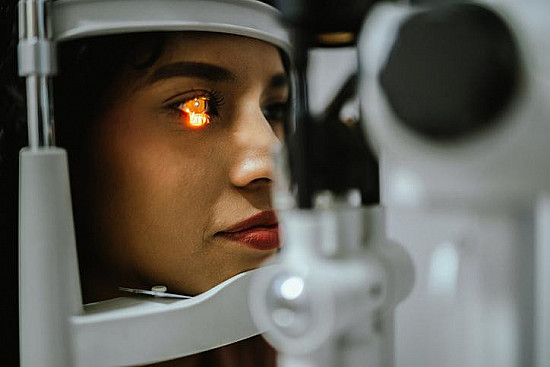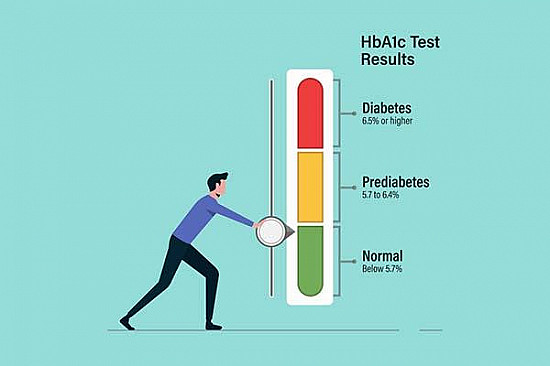4 questions to ask before you get anesthesia
Find out about the kind of anesthetic medication you need and its potential risks.
- Reviewed by Anthony L. Komaroff, MD, Editor in Chief, Harvard Health Letter; Editorial Advisory Board Member, Harvard Health Publishing

Anesthesia, a gift of modern medicine, is used in hundreds of types of procedures. It’s not just reserved for surgery; the drugs that keep you from feeling pain are also administered for routine treatments (like removal of a mole or skin tag) and screening tests (like colonoscopy).
Yet anesthesia’s common use is hardly casual. “We must always consider safety, especially for older patients with underlying conditions,” says Dr. Satya Krishna Ramachandran, an anesthesiologist at Harvard-affiliated Beth Israel Deaconess Medical Center.
Here are important questions to ask when the doctor says you need any type of anesthetic medication.
1. What kind of anesthesia will I get, and what will it do?
There are four main types of anesthesia.
Local anesthesia. This numbs a small area of the body and blocks pain at its source. A “local” is given by injection and used for minor surgeries and procedures, such as skin cancer removal.
Regional anesthesia. This numbs an entire section of the body, such as an arm or leg or everything below the chest. It’s given by injection or a small tube (catheter) to a cluster of nerves. The anesthetic stops pain signals from reaching the brain. You may be awake or sedated during the procedure. Regional anesthesia is often used for abdominal surgery or cesarean section for childbirth.
Monitored anesthesia or intravenous (IV) sedation. This induces a relaxed and pain-free state. Medications are given directly into a vein to make you drowsy. This is commonly used for colonoscopies.
General anesthesia. This temporarily blocks the ability of the brain to feel pain and causes you to lose consciousness. You receive a combination of drugs by IV or by inhaling them through a mask, and then an anesthesiologist continually checks your bodily functions throughout surgery.
2. What are the risks of this anesthetic?
While anesthetics are generally considered safe, they have potential side effects.
A local anesthetic might cause pain or itching at the injection site.
The other anesthetics (regional, monitored, and general anesthesia) might cause an hour of shivering (as the anesthetic wears off) or a few hours of nausea, grogginess, headache, or a drop in blood pressure that can cause fainting. Other more serious physical complications are extremely rare.
People who are ages 65 and older who get regional, monitored, or general anesthesia frequently experience temporary disorientation (delirium) and may also develop impaired thinking after surgery.
It’s unclear why surgery with anesthesia is tied to cognitive symptoms; doctors theorize it might be due to existing vascular (blood vessel) disease, previously undiagnosed cognitive decline, or brain inflammation caused by the body’s stress response to surgery. “In older patients, the brain takes longer to recover from this stress,” Dr. Ramachandran says. “But there is no evidence that anesthesia itself causes cognitive decline.”
3. Can you reduce my delirium risk?
If you’re concerned about postsurgical delirium or impaired thinking, request a risk evaluation well in advance. Certain factors boost the chance of delirium, such as cardiovascular problems, cognitive decline, the use of a lot of medications, poor sleep, malnutrition, or past episodes of delirium after surgery.
“If you have multiple conditions, we have to plan for that. We might use different medications, consult with a specialist for potential preoperative changes in medical care, or schedule reorientation therapy,” Dr. Ramachandran says. (Reorientation therapy involves special nursing care after surgery that continually helps to orient you and get you up and moving.)
During a procedure, your team might also use a new addition to anesthesia care that’s called processed EEG monitoring. “It displays the effect of the anesthetic on brain waves, which helps anesthesiologists determine if the dose should be adjusted,” Dr. Ramachandran says.
You can also ask if the risks of anesthesia and surgery outweigh the benefits of a procedure, or if a local anesthetic or numbing cream can be used for a small procedure, rather than stronger types of anesthetics.
4. How else should I prepare?
You don’t need to prepare for local anesthesia.
For regional, monitored, or general anesthesia, you’ll have to fast for six to eight hours before a procedure. You might also need to stop taking certain medications days in advance. Ask your doctor for instructions that are based on your specific circumstances.
In addition, if you’ve experienced anesthesia side effects in the past, such as nausea (especially if you have motion sickness), ask if your anesthesiologist can give you a medication to ease the symptom. That discussion can take place shortly after you arrive at a surgical center.
“Unlike anesthesia use 50 years ago, today we know how to make it more predictable,” Dr. Ramachandran says. “The majority of patients recover just fine, but it’s still important to take every precaution.”
This article is brought to you by Harvard Health Online+, the trusted subscription service from Harvard Medical School. Subscribers enjoy unlimited access to our entire website, including exclusive content, tools, and features available only to members. If you're already a subscriber, you can access your library here.
Image: © Halfpoint Images/Getty Images
About the Author

Heidi Godman, Managing Director
About the Reviewer

Anthony L. Komaroff, MD, Editor in Chief, Harvard Health Letter; Editorial Advisory Board Member, Harvard Health Publishing
Disclaimer:
As a service to our readers, Harvard Health Publishing provides access to our library of archived content. Please note the date of last review or update on all articles.
No content on this site, regardless of date, should ever be used as a substitute for direct medical advice from your doctor or other qualified clinician.















